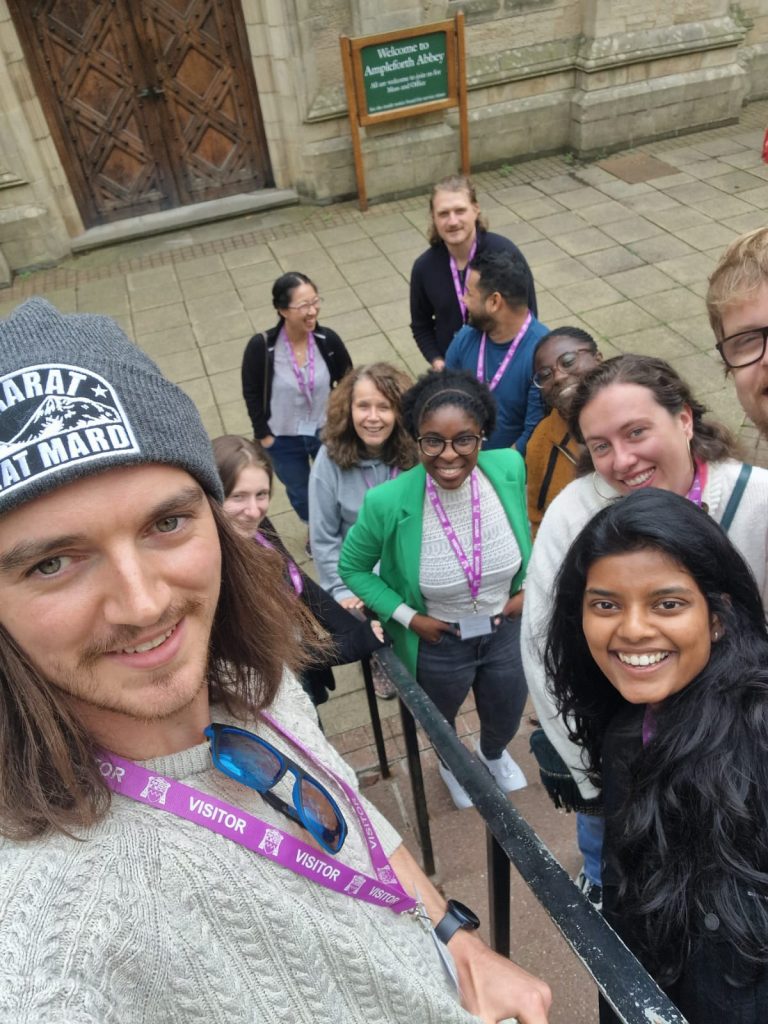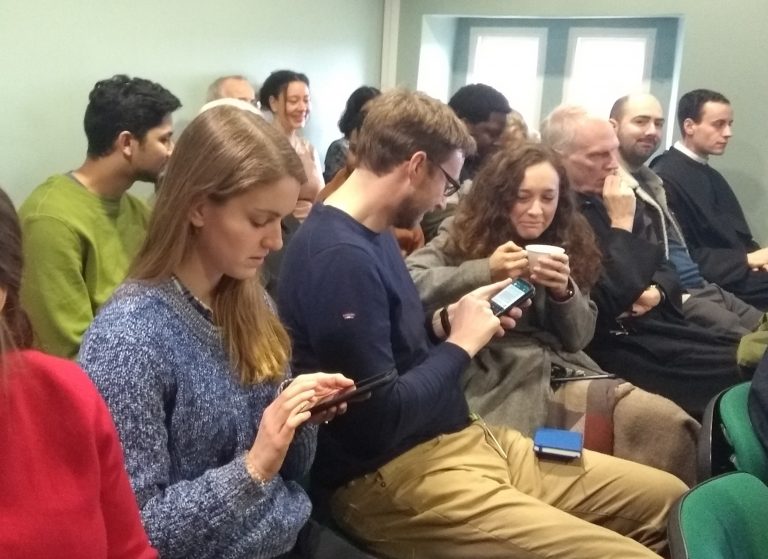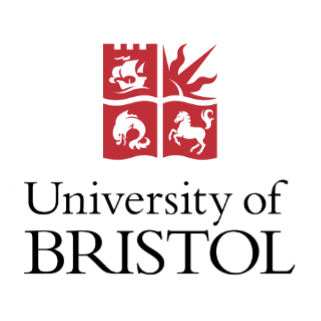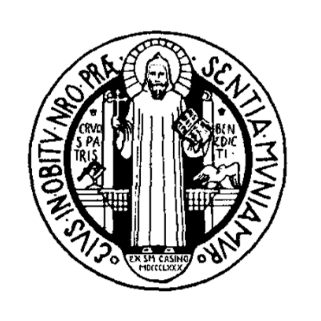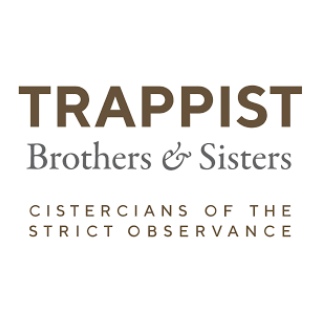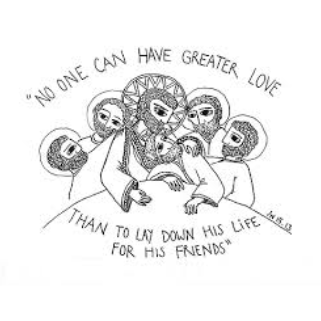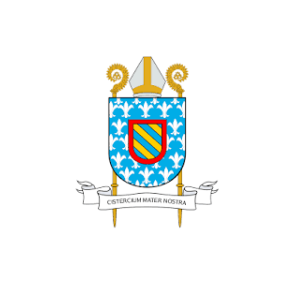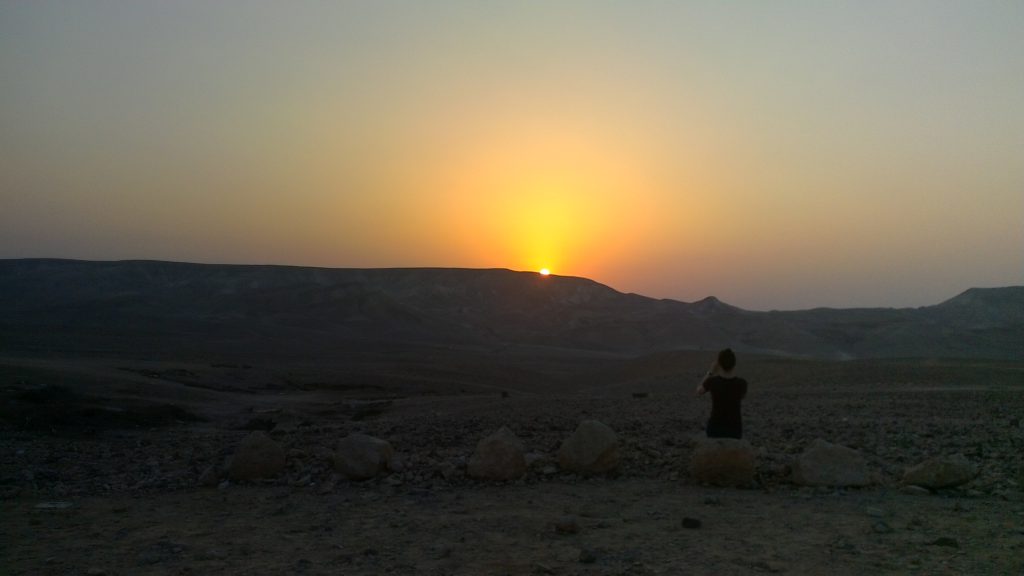
As I write this the British government has just declared that the coronavirus lockdown will last for another three weeks. The message has been clear and oft repeated: ‘stay at home.’ This mantra has reminded me of another more ancient counsel that has traditionally been drummed into young monks and nuns from their novitiate: ‘stay in your cell/bedroom’. This was the advice of the desert fathers and mothers, the trail blazers of the Christian contemplative tradition, to all those who followed them into the desert to seek God: stay in your cell and your cell will teach you everything; keep to your cell and your cell will keep you. Why did the desert fathers and mothers think that simply staying in one’s room was so foundational to the contemplative life? In short, because one’s cell or bedroom was the place where one could be alone with God.
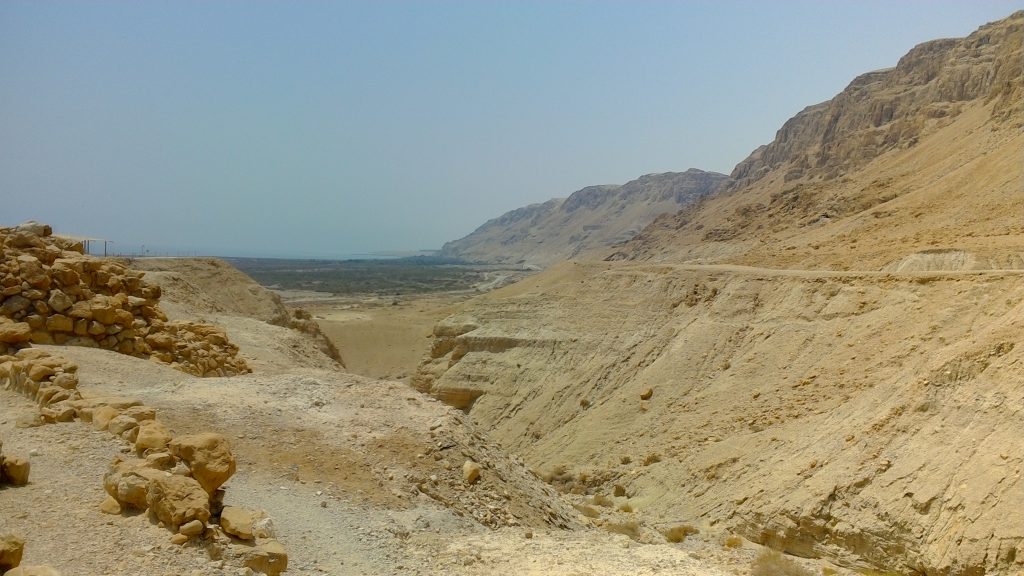
This was, remember, a simpler world: no phone, no radio, no television, no internet, no social media, not even a well-stocked shelf of books. Just the monk or nun, the sacred scriptures and silence. In that silence the young monk or nun would have nowhere to hide. There would have been no distraction, no diversions, no escape from themselves or from God. In such isolation most people make a painful discovery: we are much less holy, and much more sinful than we imagined. Despite our best intentions, the long hours of prayer quickly become boring and the hours of meditation tedious. Before we entered the monastery the idea of long stretches of prayer seemed wonderfully attractive, but now we long to be somewhere, anywhere but this silent confrontation with God. Distracting memories of one’s old life begin to whirl and turn in one’s mind tempting one to give up and go home. The ideal of knowing and loving God begins to seem impossibly distant and perhaps not so desirable anyway. If you read the conferences of John Cassian you will find some amusing sketches and caricatures of all the little excuses that monks and nuns would begin to tell themselves to justify abandoning this path of contemplation, to justify an escape from the painful purging of the silence. And yet the advice from the desert fathers and mothers to young monks and nuns is always the same: persevere, stay in your cell.
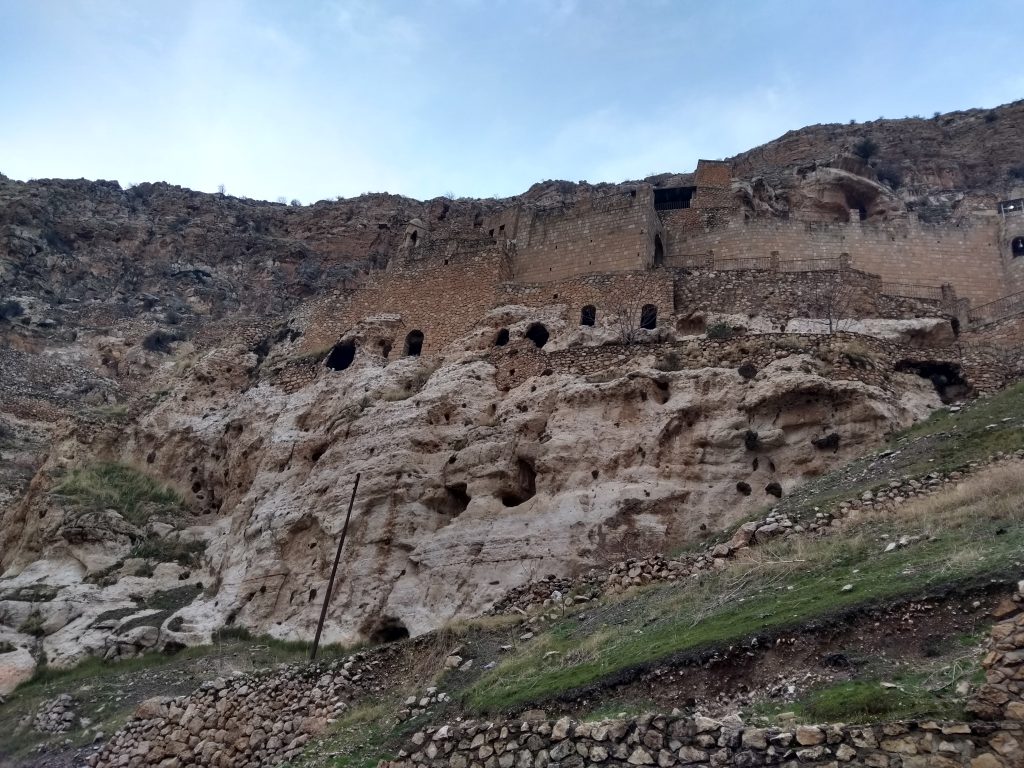
Why? Because the silence of the cell forces the monk or nun to face the truth of one’s own weakness and fragility. The silence of the cell encourages us to stop running and hiding from God. Eventually, the desert fathers and mothers promise, our thoughts will stop whirling. Eventually, painful memories and fantasies will settle, and like Elijah on the mountain top we will hear the still small voice of God. When that happens, the silence of the cell will cease to represent isolation and loneliness, and instead become a doorway into the warm and personal welcome of God’s love: a place of communion with the God who is closer to us than we are to ourselves. Alone with the God who loves us.
The world is different now of course. The advent of the internet has meant that even when we are alone in our room we have the whole world at our fingertips. For many people during this time of isolation this has been a lifeline, a way to manage the fear and anxiety of being without company. But we are not alone. God is with us. Maybe this enforced period of separation is an opportunity to become more aware of that? Maybe this season of lockdown is an opportunity to spend a little more time alone with God? Maybe this season of lockdown is an opportunity to explore the silence, with our phones and computers switched off, listening attentively for God’s still small voice? We may find it hard at first, we might even find it frightening. But if we persevere, our bedrooms and homes will become places of profound encounter with God, and these periods of silence less and less a burden and more and more a gift.

